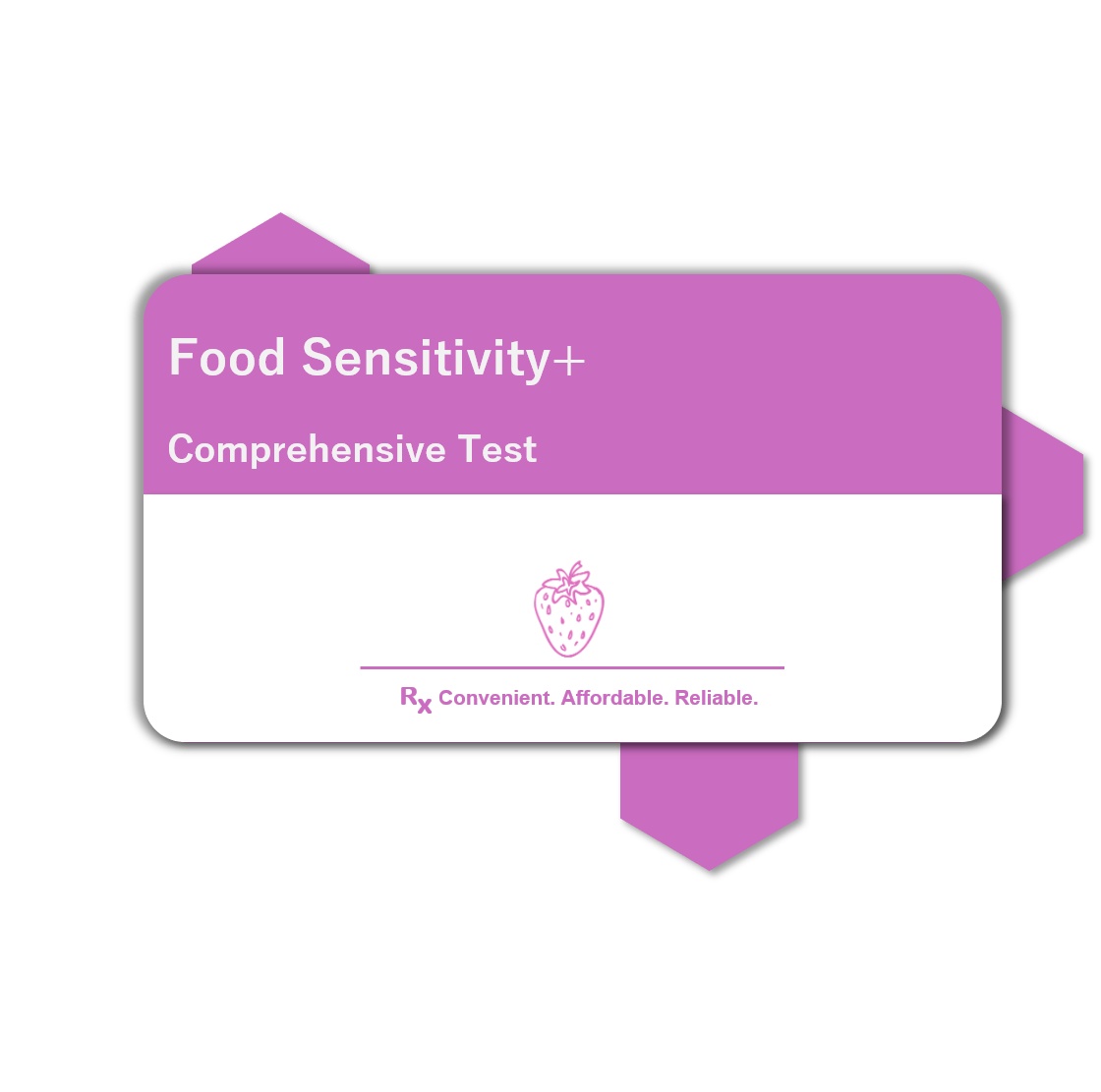Food sensitivity testing can provide valuable information about how your body reacts to certain foods. However, interpreting the results of these tests can be complex and require the expertise of a healthcare professional. Understanding what the results mean is crucial for making informed decisions about your diet and overall health.
One of the key components of food sensitivity testing is identifying IgG antibodies in your blood. IgG antibodies are produced by the immune system in response to a perceived threat, such as a specific food. Elevated levels of IgG antibodies to certain foods can indicate a potential sensitivity or intolerance to those foods. However, it is important to remember that the presence of IgG antibodies does not necessarily mean that you will experience symptoms when consuming that food.
When you receive your food sensitivity test results, it is essential to consult with a healthcare provider who is knowledgeable about interpreting these results. They can help you understand which foods are most likely triggering immune responses in your body and develop a plan to address your sensitivities. It is important to note that food sensitivity testing is not diagnostic of any specific medical condition, but rather a tool to identify potential triggers for symptoms you may be experiencing.
In addition to IgG antibodies, food sensitivity testing may also measure other markers of inflammation and immune response, such as IgA antibodies and cytokines. These markers can provide further insight into how your body is reacting to certain foods and help guide your dietary choices. A comprehensive understanding of all of the results from your food sensitivity test can help you and your healthcare provider develop a personalized plan for managing your sensitivities.
It is essential to remember that food sensitivity test results are just one piece of the puzzle when it comes to understanding your body's reactions to food. Your healthcare provider will take into account your medical history, symptoms, and other factors to develop a comprehensive plan for managing your food sensitivities. It is important to approach food sensitivity testing as part of a holistic approach to health and wellness, rather than relying solely on test results to guide your dietary choices.
In conclusion, interpreting food sensitivity test results requires the expertise of a healthcare professional who understands the nuances of these tests. Understanding what the results mean can help you make informed decisions about your diet and overall health. By working with a knowledgeable healthcare provider, you can develop a personalized plan for managing your food sensitivities and improving your overall well-being.


No comments yet